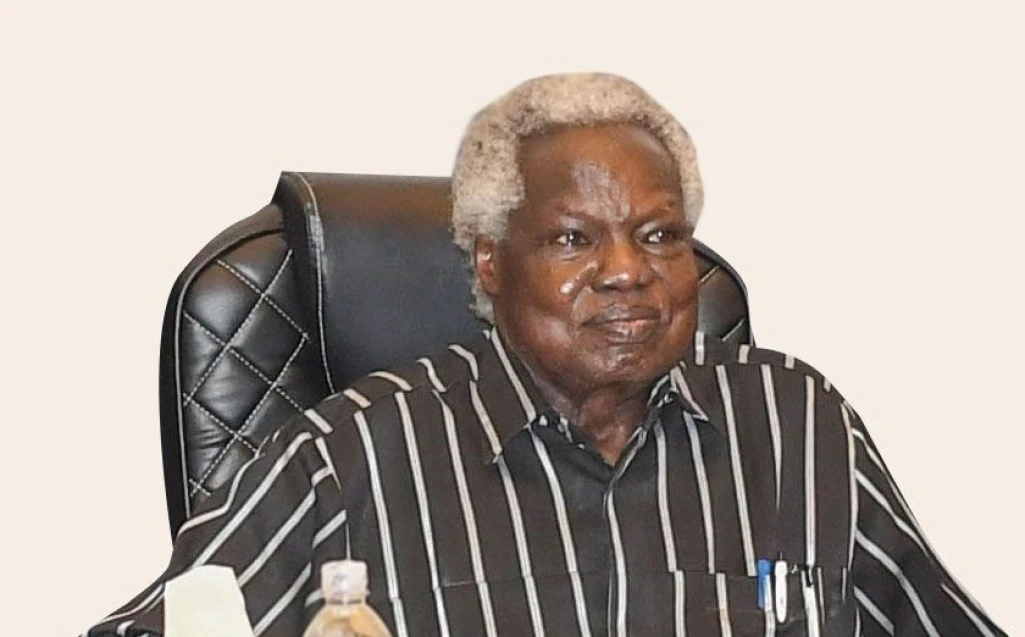
The Chief Justice has stated that language impediments
continue to be a significant obstacle for judges in the administration of
justice.
He made the remarks during a roundtable discussion on access
to justice under the theme: “Asylum Rights and Obligations” in Juba on Friday.
As per the transitional constitution, English is designated
as the official language for legal proceedings in the judicial system,
replacing Arabic.
In addition, South Sudan reportedly has 124 judges who work
under varying educational and legal frameworks.
Nevertheless, a significant proportion of the country's
judges obtained their legal education in Arabic.
“You need somebody to translate that so that the judge
understands it. The judge speaks English or Arabic; it must be translated to
the language of the complainant like that. These are some of the problems that
we need to address properly,” Chan Reech said.
The event aimed at providing a strategic approach that would
lead to a coherent framework that engages all stakeholders to support access to
justice and enhance the rule of law for returnees, IDPs, asylum seekers,
refugees, and host communities.
Reech mentioned that there are some cultural norms within
communities that hinder the process of justice.
“In South Sudan, one of the tribes, if somebody is killed,
compensation is paid in the form of a young girl, given to the family of the
deceased. By the time she grows up, she will be the wife of that family,” he
explained.
The chief justice added: “This is a very serious gender
issue. There are some bad customs that we need to look at very seriously. Some
illiterate people who come from the villages want to go to court, but he may
not even have the money to ask the advocate to pay for the grievances she is
following.”